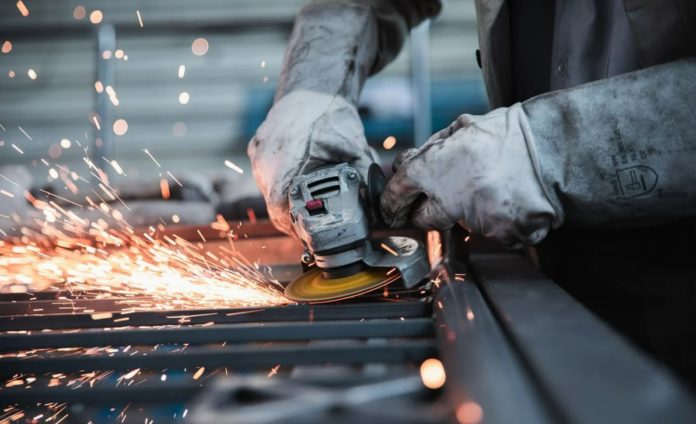The refusal of American manufacturers to increase steel production to pre-health crisis levels threatens to undermine President Joe Biden’s plan to support domestic industries. As a consequence, it is the importers who benefit.
US mills that shut down their furnaces in the wake of falling demand during the first months of the pandemic continue to operate their plants well below pre-outbreak levels. Now, despite the economic recovery, they refuse to increase production, even as supply shortages drive prices up.
- Scientists in Fear of This New Predator From Red Sea Eating Native Species in Mediterranean
- Does This Mean We Stopped Being Animal and Started Being Human Due to ‘Copy Paste’ Errors?
- The One Lifestyle Choice That Could Reduce Your Heart Disease Risk By More Than 22%
- Aging: This Is What Happens Inside Your Body Right After Exercise
- Immune-Boosting Drink that Mimics Fasting to Reduce Fat – Scientists ‘Were Surprised’ By New Findings
US plants are at nearly 75% of capacity, a far cry from the record of 83% reached in 2019 thanks to former President Donald Trump’s 25% tariffs on imported steel.
Customers in industries such as automobiles and heavy machinery say they cannot get all the steel they need and are forced to turn to foreign suppliers.
A “giant gap” in the Government’s plan
Companies such as Cleveland-Cliffs and US Steel have idled several furnaces due to the possibility that prices will collapse again at some point, since this outcome could force to close the plants, with the losses this would imply. Lourenco Goncalves, CEO of Cleveland-Cliffs, told investors that his company would prioritize product quality over volume.
“Under my direction, Cliffs has never been, and never will be, tempted by stupidity to build volume just for the sake of it,” Goncalves noted in October.
This negative threat threatens to intensify the shortage in the domestic market and, in this way, make prices soar even more. Hence, manufacturers are leaving “a giant gap” in a plan to increase domestic production, says Josh Spoores, the main steel analyst at the CRU group. According to the expert, manufacturers must contribute to the process.
“It’s mainly steel and energy. And if any of them are out of control and not competitive (…), we will see that manufacturing will move to lower-cost areas,” Spoores said.
And this is what is currently happening in the US, where the average price of imported steel, adjusted for tariffs and transport costs, is about $ 900 per ton. The figure is 25% lower than for US steel, calculated Bloomberg Intelligence analyst Andrew Cosgrove.
According to the agency, those who need more of this material would go against Trump’s plans to protect domestic producers and Biden’s to recover jobs if they imported it from abroad. However, customers may not be willing to wait for factories to increase capacity, another of the current president’s intentions.
Demand has not yet returned to pre-COVID-19 levels, but it is higher than what the country produces today, warned Dan DeMare, regional sales manager for Heidtman Steel, which in turn is a US Steel customer.
- Scientists in Fear of This New Predator From Red Sea Eating Native Species in Mediterranean
- Does This Mean We Stopped Being Animal and Started Being Human Due to ‘Copy Paste’ Errors?
- The One Lifestyle Choice That Could Reduce Your Heart Disease Risk By More Than 22%
- Aging: This Is What Happens Inside Your Body Right After Exercise
- Immune-Boosting Drink that Mimics Fasting to Reduce Fat – Scientists ‘Were Surprised’ By New Findings
“Steelmakers are going to make a lot of money, but the strain on the market is insane,” he concluded.
